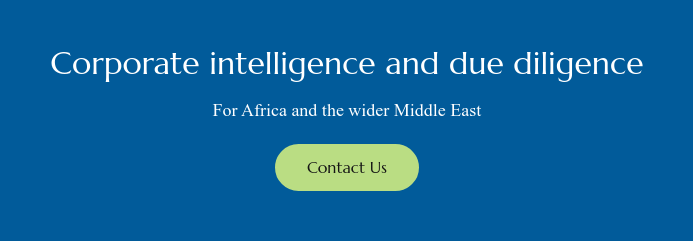The Justice Shares (saham-e edalat) scheme is one of the more mystifying examples of Iranian government bureaucracy. Designed in the early 2000s by the populist Ahmadinejad government, the scheme was designed to allow the transfer of shares in Iranian state-owned enterprises to low income families, while expediting privatisation, and giving a highly desirable injection of cash to the government. There were also hopes that such a scheme would afford greater transparency to the transfer of shares, while building a culture of shareholding. In broader terms, the sale of justice shares was part of a plan for the growth of the private sector: 40% of government assets were to be distributed as justice shares; 35% were to be offered on the Tehran Stock Exchange; 5% were to be given to employees of privatising business; and the government would retain the final 20%.
Since the start of the scheme, the Iranian Privatisation Organisation has overseen the divestment of shares from 62 SOEs to the offices of the Justice Shares scheme across the country. Since 2006, shares worth approximately USD14million in total have been distributed to an estimated 40 million citizens in 18 stages, the last of which was implemented in 2010. As you can imagine, the implementation of this programme has not exactly helped to cut back on state bureaucracy. It does not seem to have fulfilled many of its other goals yet, either. 10 years on from the launch of the scheme many of the shareholders claim they are yet to see a profit.
Critically, the scheme does not appear to facilitate true privatisation, being more accurately described in Iran as either ‘denationalisation’ or ‘cooperativisation’. The shares distributed in the first stage of the scheme still do not yield enough for all the holders to buy their shares outright. Moreover, difficulty in ascertaining the value of the shares means that they are yet to be traded on the Tehran Stock Exchange. Therefore, the 40% of government assets released as justice shares remain under de facto government control, along with the 20% still directly held by the government.
Diligencia is the most sought after provider of company information on Iran and the wider MENA region. If you would like more information on this topic, please contact us.
